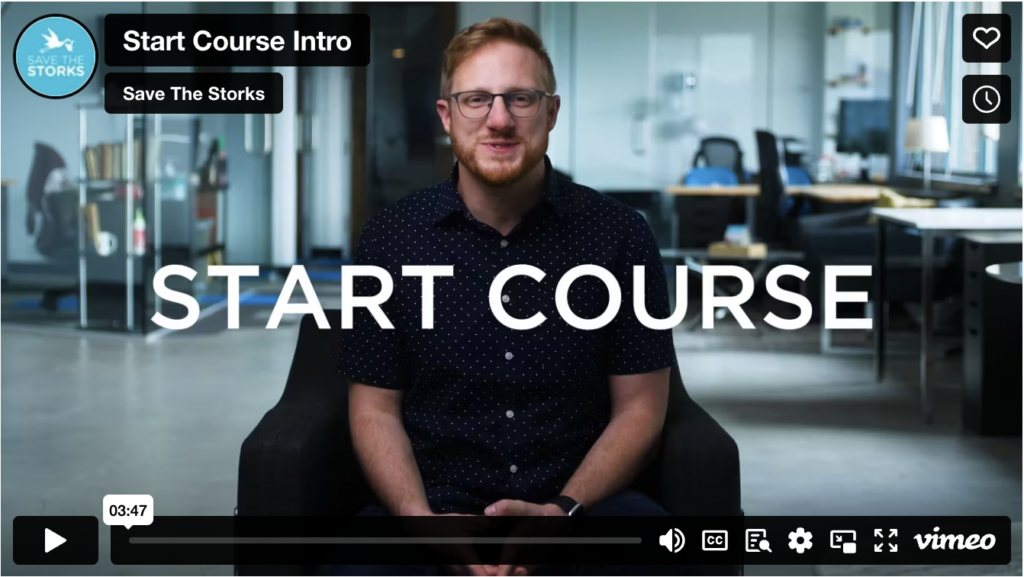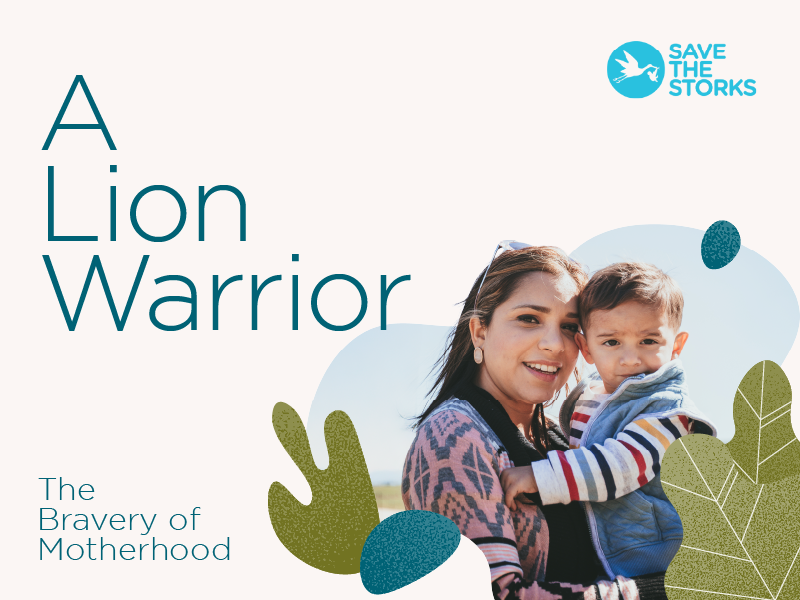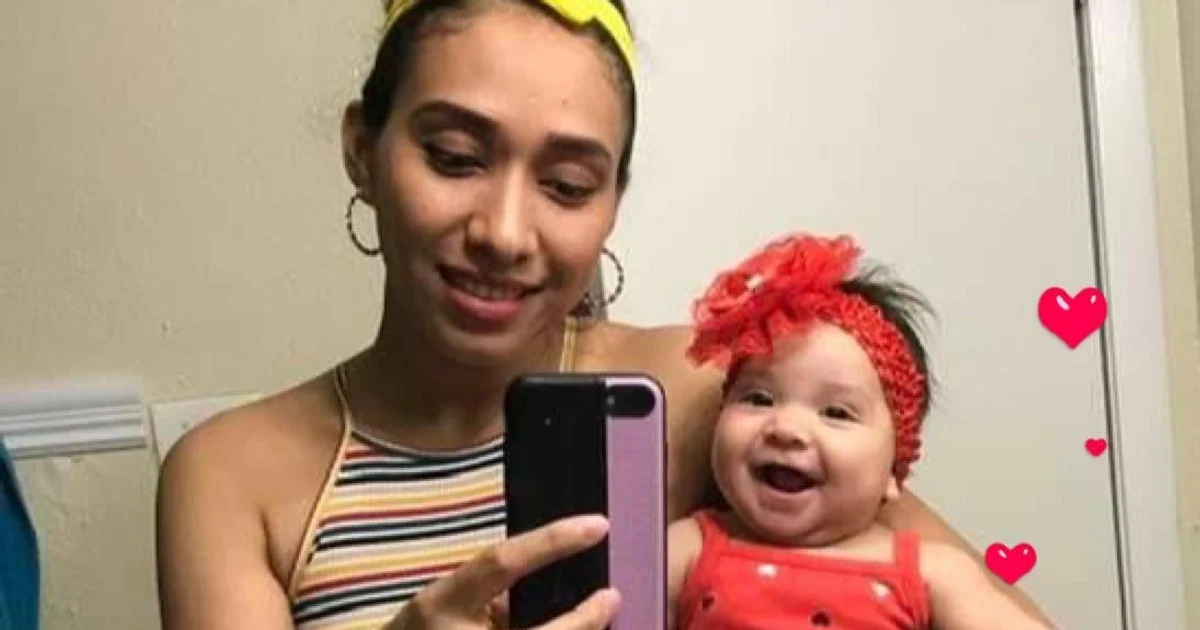There’s been a massive communication breakdown about abortion. You’ve probably experienced the barriers to communication first-hand. There’s no faster way to turn a family function nasty than by asking your aunt or uncle “Hey, aren’t you glad that Roe v. Wade got overturned?” For even more fireworks, post about it on Facebook and watch the comments roll in. You’d be lucky to last 12 minutes before an argument brews that catches the NSA’s attention.
But if you have the courage to actually read the argument—good for you if you do—you’ll notice that both sides are talking right past each other. Your friend from Bible study will call abortion murder, and your friend from college who’s had an abortion will call it women’s healthcare. Neither will make an effort to understand what the other is saying but will blow a gasket over it anyway. No real information gets exchanged, and communication breaks down.
Facebook and family blowouts might seem trivial. But the barriers to communication don’t stay at home or on your phone—it can mean the difference between choosing life or death for a mother facing an unplanned pregnancy.
The real consequences of communication barriers
Your pro-choice friends aren’t the only people who you’re talking past—you’re likely talking past women who’ve discovered they’re pregnant and have no clue what to do.

Make no mistake—these are often women who have been to church, if not grown up in it. They have a feeling that abortion is wrong. They might know all the arguments and all the talking points.
But now they only know two things—they’re in big trouble, and they can’t tell anyone of their pro-life friends that they think abortion is their only solution.
Sure, they could call a Christian acquaintance. But what would they get? A lecture? A Bible verse with a neat background? An awkward “man, that doesn’t sound fun, but…”?
In fact, those women likely suspect that they will feel more isolated, more alone, and more ashamed if they reach out.
So, they make the only choice they think they have.
And THAT’S the real price of the communication barrier about abortion. More women feel isolated and alone, and thus choose the easiest solution to their situation.
Don’t worry—that’s not how their stories have to end! The communication barrier between you and women considering abortion can be overcome. And it’s likely a more intuitive solution than most people think…
The greatest barrier to communication
Just imagine approaching a stranger on the street and sharing a struggle you’ve been facing. How would that go? They probably say something polite, but you’d know they have one goal—to make the conversation end as quickly as possible. You could feel it.
Even worse, what if they launched into a tirade about all the foolish decisions you’ve made to deserve this struggle? Or if they talked about their problems without showing any care for how you felt?
You’d likely come away feeling rejected, foolish, and like your feelings didn’t matter. You’d feel like you weren’t on the same page, fundamentally disconnected from the other person.
That’s why you probably wouldn’t start that conversation in the first place—the risk is simply too high. That feeling of disconnection is the greatest barrier to true communication. It kills the conversation before it even starts.
Connection is the solution
You don’t need a master’s degree in psychology or communication to figure out what fosters communication. Just answer this simple, Biblical question—How would you want others to treat you if you were sharing something important?
Well, you likely want people to actually listen—that means no texting or scrolling if you’re sharing what’s on your heart. You want them to ask you questions. You want them to say something like “Wow, I have no clue how you’ve carried that around for so long. Thank you for trusting me with that!”
What you’re really after is a sense that this person sees you, knows something embarrassing about you, but isn’t repulsed by it. They know your imperfections, yet love you anyway.
In other words, you’re seeking a real connection. It’s like the late pastor Tim Keller said—“To be loved but not known is comforting but superficial. To be known and not loved is our greatest fear. But to be fully known and truly loved is, well, a lot like being loved by God.”
That’s what vaults you over communication barriers and shame. Once you become a person who connects, who makes people feel seen and safe and loved, you’ll be on your way to making a tremendous difference in the lives of women who feel lonely and afraid.
What no one wants to tell you about communication
Here’s the catch—you can’t make yourself become a person of connection. Sure, there are techniques you can learn to maximize your effectiveness. You can check out our free Start Course to learn all about it. Just log in with your Gmail account and skip to videos 8, 9 and 10 if you’re in a hurry.
But those techniques can’t replace the core of connection, which is loving other people. There’s a word for trying to gain the benefits of connection without actually caring. It’s manipulation. And while manipulation can have superficial results, it ultimately destroys relationships and creates wounds that take years to heal.
So if you’re reading this and realize that you have a major problem loving people, this mission is not for you just yet. There are planks in your eye that need care. In fact, your first step to becoming a person of connection is telling someone that you have a problem and that you need help. You might be amazed by the doors that God opens when you become vulnerable and share your heart with others!
Next steps
But what if you can say with a clean conscience you have a heart of love for women facing unplanned pregnancies? Well, there are two very easy next steps you can take…
The first is to take our free Start Course. It’s free, it takes only two hours to complete, and it covers everything from theology to communication strategies. In other words, it’s the best free resource you’ll find to overcome barriers in communication and become an effective advocate for life. Sign up with Gmail to get started, and knock it out on a weekend afternoon. Heck, why not invite some friends to share snacks while you do it? You’ll be glad you did!
The second is to call or email your local Pregnancy Health Clinic. They likely need all the help they can get. These are the places where you’ll meet women on the ground facing unplanned pregnancies who need love, support, and encouragement. Plus, the PRC might throw in some free training to further hone your skills! Check out For Every Woman to find a PRC near you.
But above all, the most important thing you can do is pray. You will only become an effective communicator and advocate for life when you become a conduit for God’s love. Otherwise, you are white noise at best, and actively harmful at worst. You can’t fake having God’s love—it only comes from asking. So ask God to grant you a heart of love. Ask to have his eyes and compassion for people. Ask for opportunities to serve. It might start slow, but you might be amazed by the doors that God opens when knock and ask!














